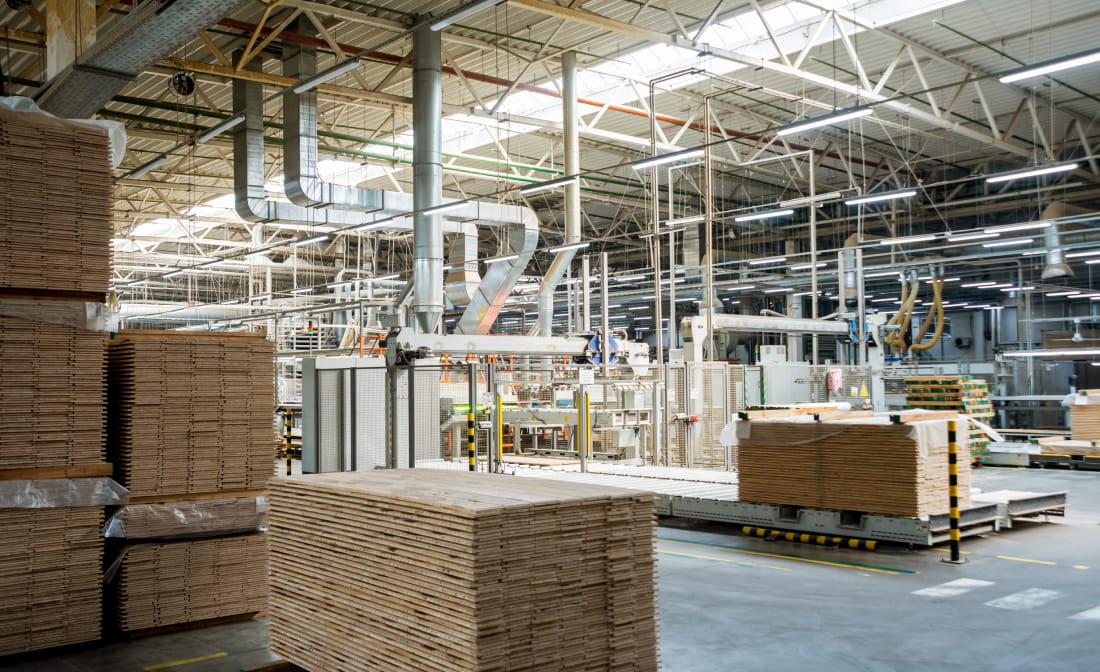Turkey's tax-free zones (Free zones) have become a strategic hub for global businesses, offering a multitude of advantages that attract companies to establish their operations within these designated areas. In this article, we dive into the unique benefits and specifics of Free zones, exploring how one visionary CEO made a pivotal decision to level-up their magnetic systems and industrial equipment manufacturing company towards innovation. This shift involves moving away from traditional Excel-based processes to the cutting-edge efficiency of an ERP system provided by 1Ci.
Strategic Location and Fiscal Incentives
Free zones are strategically located at key crossroads, offering businesses a gateway to both European and Middle Eastern markets. The favorable geographical positioning, coupled with a myriad of fiscal incentives, including tax exemptions and reduced administrative burdens, make these zones an attractive destination for companies seeking growth and expansion. The decision to establish operations within a tax-free zone can significantly enhance a company's competitive edge, allowing for increased profitability and financial sustainability.
Multilingual Competence: A global advantage
In the era of global business, linguistic versatility is a powerful asset. The CEO's proficiency in Turkish, English, and Russian showcases the adaptability and international outlook of the ERGA Global company. This linguistic competence not only facilitates seamless communication with local authorities and workforce but also opens doors to a diverse range of international markets. The ability to navigate linguistic complexities positions the company as a global player, ready to engage with a wide spectrum of clients, partners, and stakeholders.
Transitioning from Excel to ERP: A strategic breakthrough
The shift from manual Excel-based processes to an integrated 1C:ERP system marks a transformative jump for the manufacturing company. This decision is driven by the need for enhanced efficiency, real-time data visibility, and streamlined operations. By automating manufacturing and operational processes, the company aims to optimize resource utilization, reduce errors, and improve overall productivity. The 1C:ERP system promises to bring agility and responsiveness to the forefront, enabling the company to adapt swiftly to market demands and stay ahead of the competition.
Conclusion
As we navigate through the advantages of Free zones and witness the strategic decision to automate manufacturing processes, it becomes evident that this CEO's vision is not just about embracing change but staying ahead of the curve. The convergence of tax incentives, linguistic versatility, and technological innovation positions the company on a trajectory of sustainable growth and global prominence. The journey from Excel to ERP expresses a broader narrative of sustainability, adaptability, and the tireless pursuit of excellence in the dynamic landscape of industrial manufacturing.







